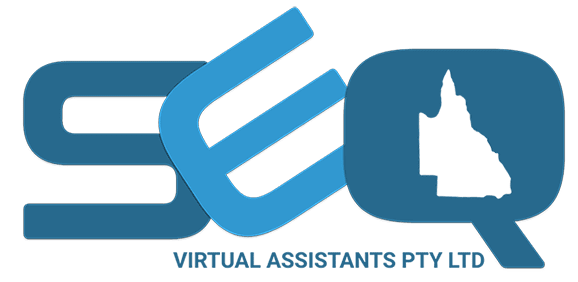Since we began building a team in Cebu, I’ve encountered a significant cultural learning. Coming from a life spent entirely in Australia, this was an unfamiliar territory for me, and I’d say for most Australians as well.
In January, we welcomed two new hires and introduced several new systems in one of our businesses. While working in the same office as our Philippine (PH) team, I took a step back from being involved in their training. My focus was on other projects, but I keenly observed. We were not only implementing new systems but also experimenting with different training methods for the Cebu team.
Our Australian team conducted daily video sessions with the Cebu staff, typically no more than 60 minutes each. We consistently reminded the PH Team to ask questions if unsure. “You won’t get into any trouble for seeking clarification,” we reiterated. This was to maintain a consistent flow of information with the team back in Australia.
Yet, we noticed errors and instances where the new starters appeared stuck, staring at screens, unsure of what to do next. Although these errors were minor and double-checked in Australia, it was concerning that the PH Team hesitated to ask questions beforehand. To address this, we recorded the training sessions and transcribed them into manuals for future reference.
The reluctance to ask questions, even when I was right there, puzzled me. We stressed that the real issue was not asking questions. I sometimes asked one of the more experienced staff members, who spoke Bisaya, to translate, ensuring nothing was lost in translation.
Being in Cebu has been enlightening, particularly in understanding the local culture. This experience has been crucial to our success, a factor often overlooked in offshoring ventures.
The phrase “Maulaw Ko” (I am shy) is common here, a stark contrast to Australian norms. There’s an inherent shyness, occasionally coupled with quiet confidence.
While learning Bisaya has been challenging, I’ve noticed an intriguing aspect: shyness and shame are closely related in the language. “Maulawon” in Bisaya translates to shy, timid, or bashful. Cebuanos, especially around foreigners, tend to be inherently shy, posing a significant challenge in training individuals or teams.
Acknowledging this shyness is crucial. Many offshore ventures fail due to ignorance of such cultural nuances. Simply adopting a positive attitude or giving instructions won’t suffice. The fear of making mistakes or underperforming is overwhelming.
Working closely with the team has been pivotal. Without this direct interaction, we might have succumbed to frustration. Being present enables building trust and relationships unachievable remotely or through infrequent visits.
With new starters, it takes a couple of weeks for them to gain confidence. However, this process is expedited due to the strong relationships we’ve built with the existing staff, who reassure newcomers that asking questions is safe and encouraged. Building this culture is vital, especially for smaller teams or part-time staff, as overcoming “Maulaw Ko” takes time.

